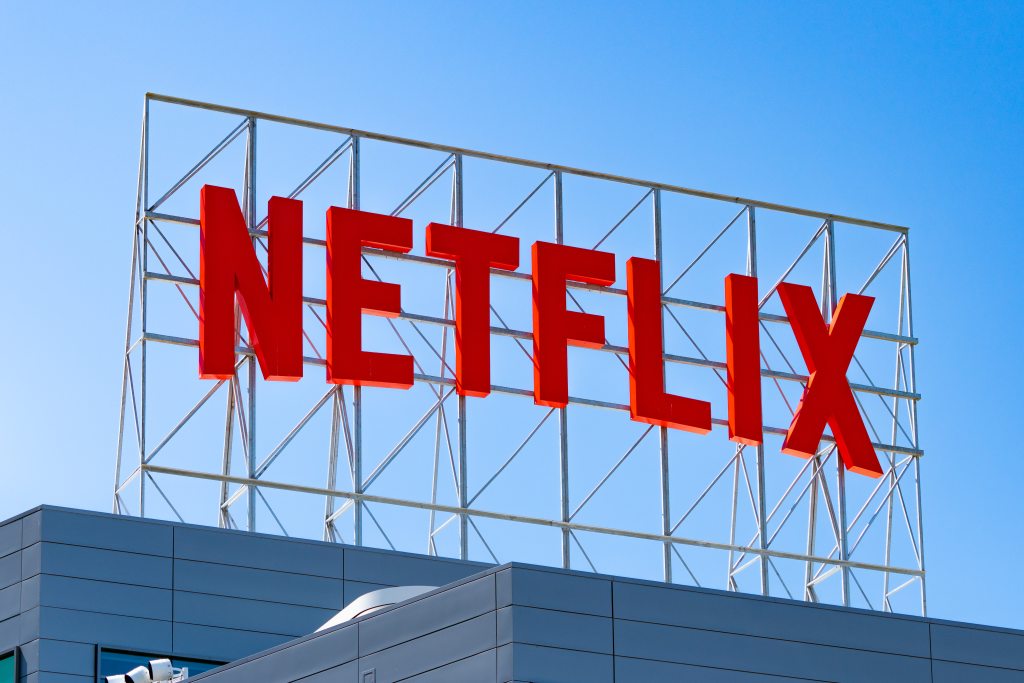In a significant move to support the automotive industry, the United Kingdom government has announced a £1.5 billion ($2 billion) loan guarantee for Jaguar Land Rover (JLR). This financial assistance comes in response to a severe cyberattack that forced the luxury car manufacturer to suspend its vehicle production lines, causing widespread disruption across its supply chain.
The cyberattack, which occurred on August 31, 2025, led JLR to shut down its network systems after detecting unauthorized access by hackers. The breach was claimed by a financially motivated cybercrime group known for previous attacks on the UK retail sector. Subsequent investigations revealed that the attackers had exfiltrated certain company data, prompting JLR to instruct its employees to remain at home while efforts were made to restore and secure the network infrastructure.
The production halt has had a profound impact on JLR’s operations and its extensive network of suppliers. The UK government estimates that approximately 120,000 individuals employed within JLR’s supply chain have been affected by the shutdown. Many of these suppliers are small to medium-sized enterprises that rely heavily on JLR’s continuous operations for their livelihood.
To mitigate the economic fallout, the government-backed loan is designed to bolster JLR’s cash reserves, enabling the company to support its supply chain partners during this challenging period. The loan, which is to be repaid over a five-year term, marks a historic intervention, as it is believed to be the first instance of the UK government providing financial assistance to a company in the aftermath of a cyberattack.
The financial ramifications of the production stoppage are substantial. Reports indicate that JLR has incurred losses of approximately £50 million due to the shutdown. However, considering the company’s pre-tax profit of around £2.5 billion in 2024, JLR is expected to withstand the financial strain imposed by the cyber incident.
Notably, industry sources suggest that JLR did not possess cybersecurity insurance at the time of the attack, which could have provided coverage for some of the recovery costs. This absence of insurance has sparked discussions about the importance of robust cybersecurity measures and the potential risks associated with underinvestment in this critical area.
Critics have also pointed to JLR’s decision to outsource its cybersecurity functions to Tata Consulting Services (TCS), a subsidiary of its parent company, Tata Motors. TCS, which offers IT support services globally, has been implicated as a potential entry point for the cyberattacks on other UK retail giants, including Marks & Spencer and the Co-op, by the same hacking group. This connection has raised questions about the effectiveness of JLR’s cybersecurity strategies and the broader implications of outsourcing critical IT functions.
In response to the crisis, JLR has announced plans to resume vehicle production in the coming days. The company has faced multiple delays in its recovery timeline, underscoring the complexities involved in restoring operations after such a significant cyber event.
The government’s intervention has also sparked a broader debate about the precedent set by providing financial assistance to companies affected by cyberattacks. Some security experts express concern that such measures might inadvertently encourage cybercriminals to target UK organizations, anticipating potential government bailouts for companies that have not adequately invested in cybersecurity defenses.
As JLR works towards resuming normal operations, the incident serves as a stark reminder of the critical importance of robust cybersecurity measures in safeguarding not only individual companies but also the broader economic ecosystem that depends on their stability.


